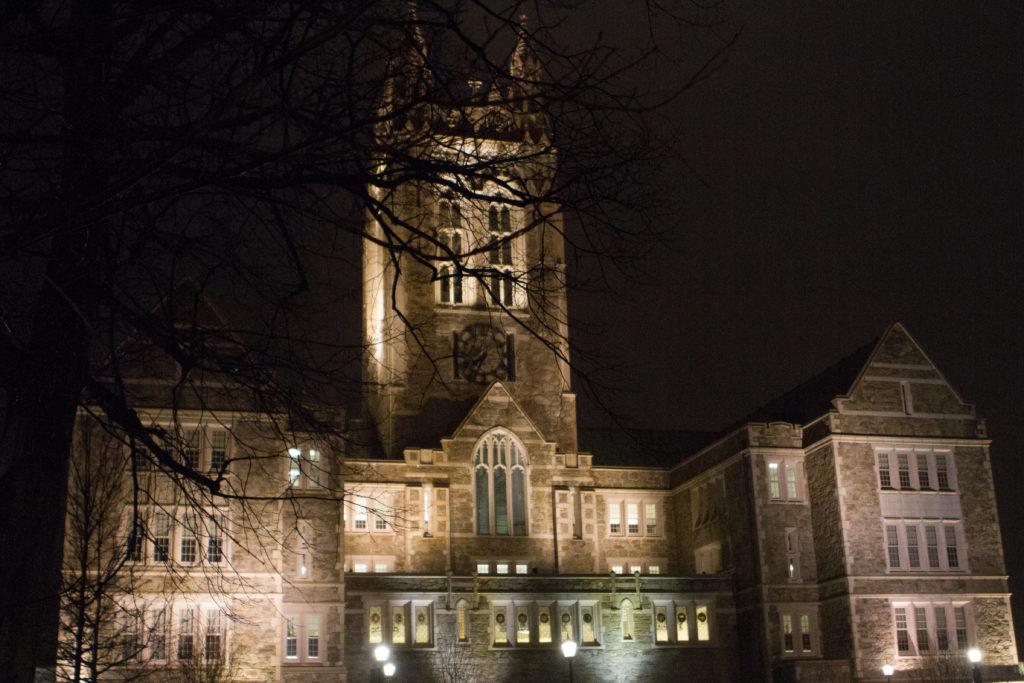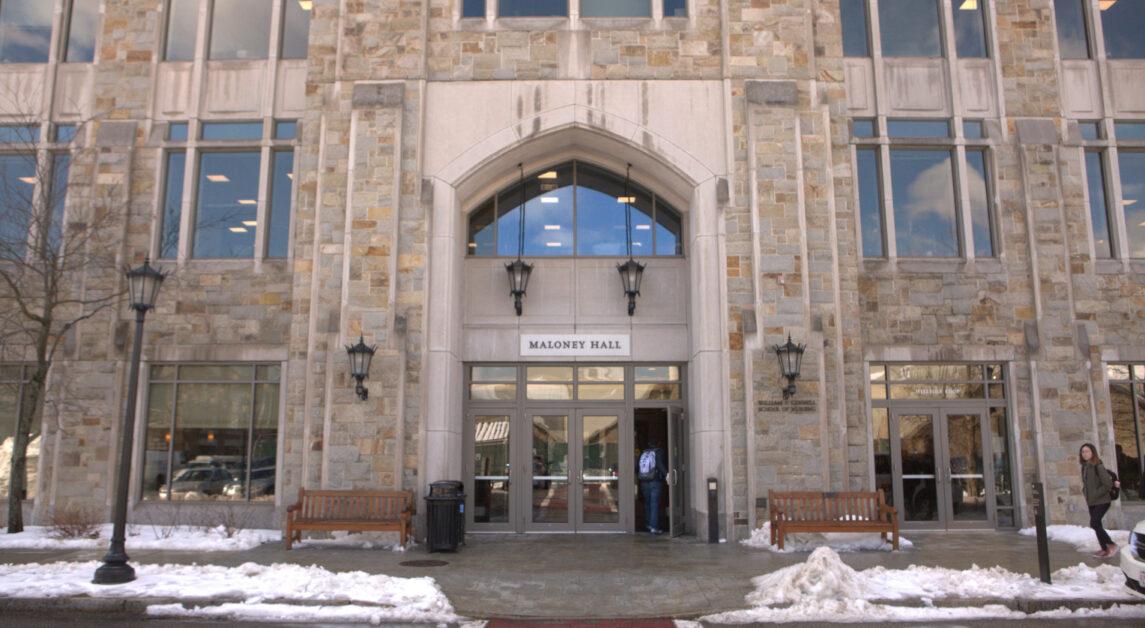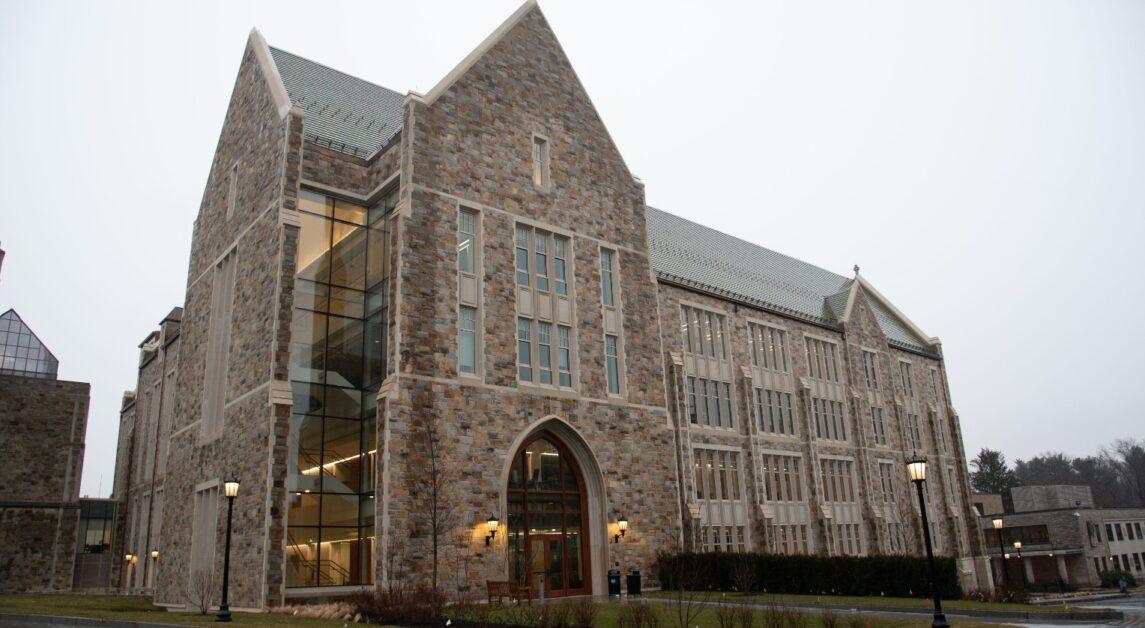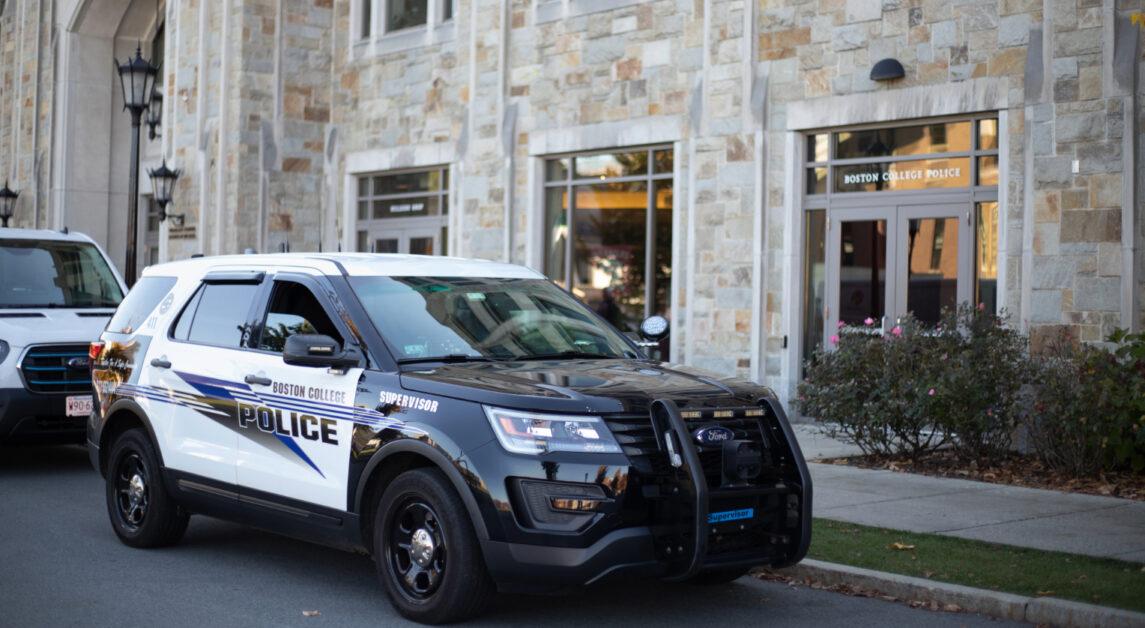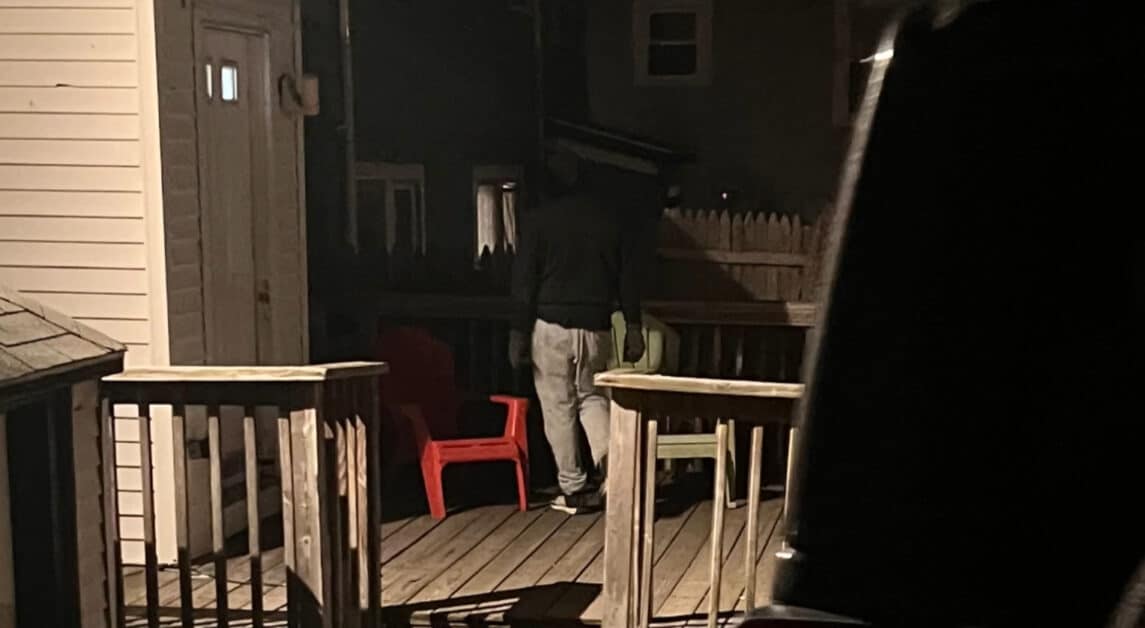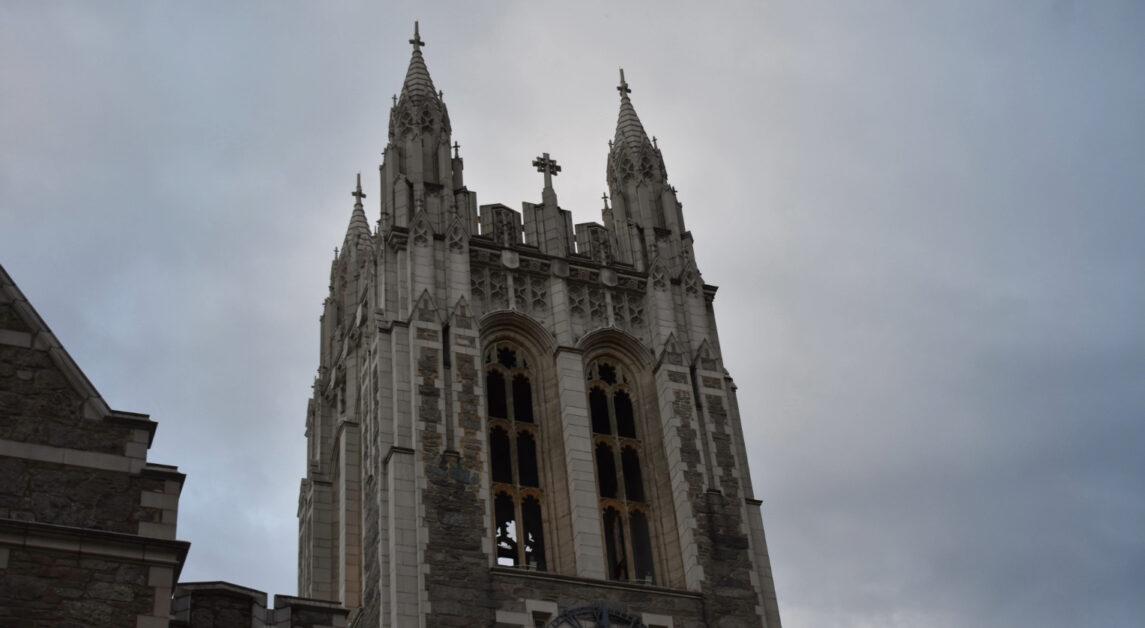In a hearing Thursday afternoon in the $3 million lawsuit pending against Boston College in regards to the alleged mishandling of a sexual assault allegation, Judge Denise Casper indicated that her inclination is to send the case to a jury trial. Casper said she will issue an order with her decision in the near term.
The case was remanded back to district court in August, and the hearing Thursday featured both sides arguing over whether the case should require a jury trial, which, if it goes forward, would take place in early 2019.
(When the alleged incident originally occurred, the plaintiff, identified only as “John Doe” in court documents, was reporting on an event for The Heights.)
The University argued that BC has jurisdiction over the matter. BC has seized on a particular phrase in the decision: Arguing that since the appeals court said the case was remanded “on this issue,” one phrase on page 37 of the appeals court opinion, BC is pushing to regain jurisdiction over the case, rather than have a jury trial to determine if there was a miscarriage of justice. BC argued that “on this issue” refers to the fairness of its initial hearing, rather than whether there should be a jury trial. The University argued that a bench trial is more appropriate than a jury trial, and that if Casper decides that BC committed a breach-of-contract violation, then a new disciplinary hearing should take place, run by the University.
The breach-of-contract alleged is that BC did not give Doe a fair hearing in 2012 when he was accused of sexual assault. Doe was convicted of indecent assault and suspended for three semesters. His appeal of that decision was unsuccessful, and after former Vice President of Student Affairs Barb Jones conducted a separate review of the incident and found no wrongdoing on the University’s part, Doe brought a lawsuit against BC. He is asking for an expungement of his disciplinary record and $3 million in damages.
The defendant argued that since the trial is now proven to be concerning an “issue of fact,” there must be a jury trial rather than a bench one, as the appeals court recommended.
Jury trials are required in order to determine whether something is an “issue of fact” or not. In the past, this lawsuit has been argued before a judge, as both parties sought summary judgement in their favor. Summary judgement can only be rendered based on “indisputable fact.” The appeals court ruled that summary judgement was not appropriate. The major fact in dispute is the effect of BC administrators on Doe’s hearing.
When the district court rendered the initial decision in summary judgment, that meant that a single judge could make the decision on the case based only on indisputable facts. If there is a factual dispute, that requires a jury trial. The appeals court ruled that this case is, in fact, a case based around disputed facts—here those facts surround the administration’s impact on the alumnus’s disciplinary hearing.
Doe was accused of sexual assault in 2012, but was found guilty of indecent assault, even though, according to the record, he was not informed that he could be found guilty of this charge. Emails released by the University to the plaintiffs showed that a third party was used as a witness against Doe. Doe says the third party admitted to Doe that he, the third party, actually committed the assault. The third party “received immunity from the college,” and then-Executive Director for Planning and Staff Development Carole Hughes told the hearing panel to put the third party “at ease,” according to an article published by K.C. Johnson, a professor at Brooklyn College who chronicles Title IX litigation.
In addition, the defendant argued that the chances of the involved parties, who no longer attend BC and would not be compelled to attend a University hearing by law, would attend the new hearing were slim to none. In this situation, a University hearing could be considered an empty gesture incapable of bringing any of the involved parties to justice, according to the defendant.
The two sides clashed over precedents the case would rely on. The University cited multiple cases in a footnote of its joint statement filed this summer as precedent for a bench trial, but the defendant argued circumstances surrounding those cases were too different from the suit against BC to be relied upon. Of the cases cited by the University, all of them are “he said/she said” cases—this case involves a third party.
Regardless of the decision on whether a jury trial is necessary, the scope of the case and the evidence and precedent that will be argued before the bench or a jury will be hashed out after Casper makes a decision on the type of trial that will be held.
Featured Image by Celine Lim / Heights Editor

